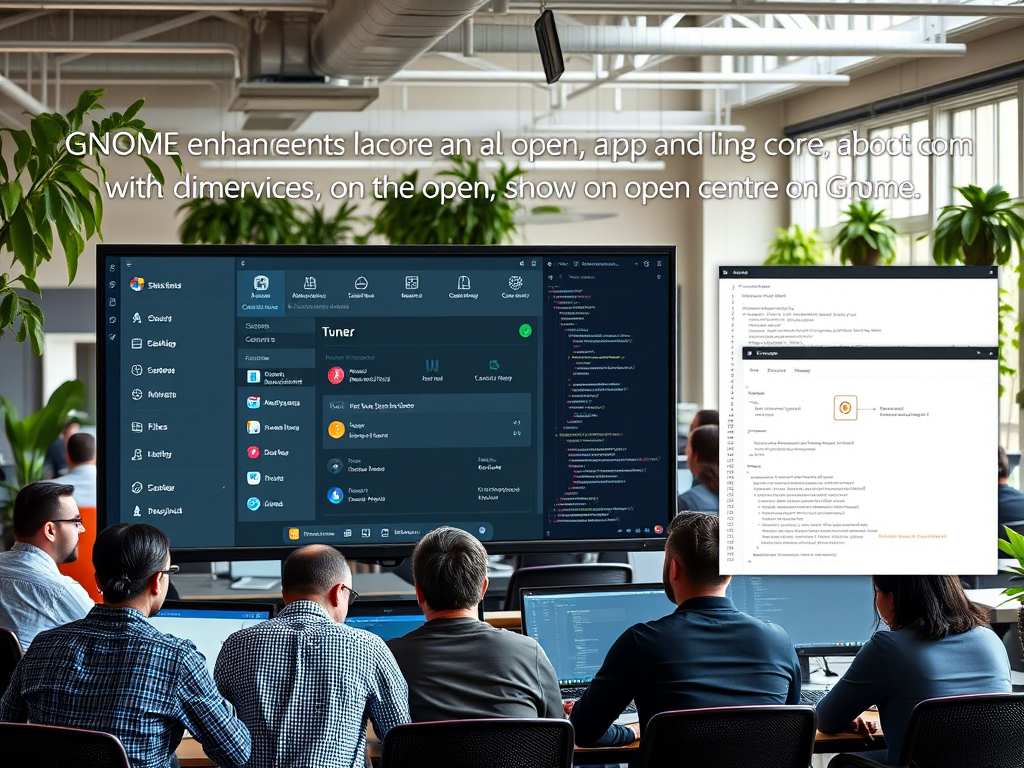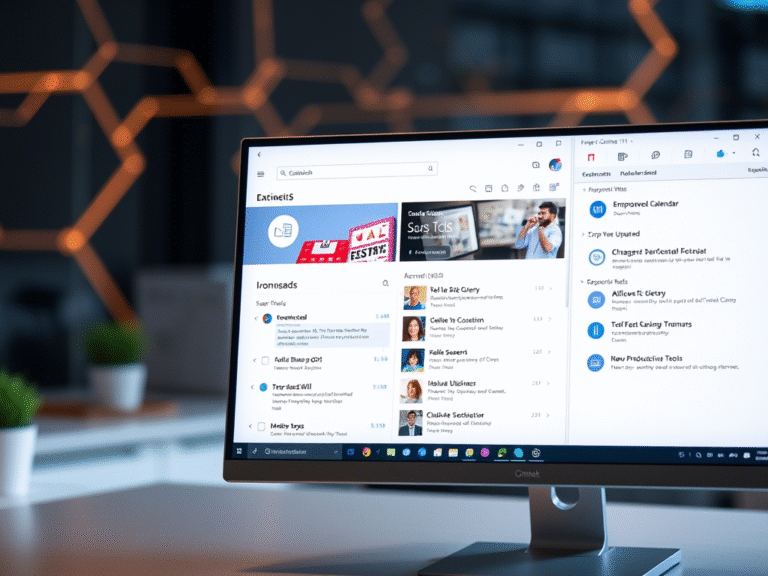
GNOME Weekly Update: Enhancements to Core Apps, Tuner Settings Center, and More
Another active week for the GNOME community brought updates across core components, third-party apps, and mobile experiences.
Among the highlights:
- Deja Dup (the default GNOME backup tool) and Halftone (a modern image viewer) received notable improvements.
- The new Tuner — an extensible settings management center developed by the ALT Linux team — was introduced, offering a modular way to manage system configurations.
In core GNOME developments:
- GLib saw enhancements to make app journal messages easier to track, improving debugging for developers.
- GNOME Web (Epiphany) now includes a preferences page for tech preview builds, enabling users to test experimental WebKit features at runtime. This can also be enabled in the stable version using the following command:
gsettings set org.gnome.Epiphany.ui webkit-features-page true
These updates reflect GNOME’s ongoing efforts to refine usability, developer tools, and system integration.
GNOME Circle and Tuner: A Step Forward in Customizable Desktop Control
Among this week’s GNOME updates, Deja Dup Backups received a significant improvement with a new file restoration process that integrates directly with native file managers, offering a smoother and more intuitive experience. This enhancement was made possible through added support for restic mount .
Meanwhile, the lightweight image viewer Halftone reached version 0.7.0 , introducing a long-awaited zoom feature and much-improved error handling. Previously, users often encountered unresponsive loading screens when images failed to load — an issue now resolved with clearer error notifications and better stability.
These updates come alongside the introduction of Tuner , the new extensible control center for GNOME, marking continued progress in making the desktop environment more flexible and user-friendly.
Tuner: A New Modular Control Center for GNOME Is Now Live
A major new addition to the GNOME ecosystem is Tuner , an extensible settings management center now available to users. Developed with the help of the ALT Linux team, Tuner is built with flexibility and customization in mind.
Powered by libpeas , Tuner allows developers to create plugins that extend its functionality — paving the way for a fully modular control center tailored to individual needs. While still early, the project has potential to one day replace or complement tools like GNOME Tweaks through plugin-based enhancements.
Beyond user customization, Tuner also serves as a hub for distribution-specific settings , making it a powerful tool for Linux distros. In fact, ALT Linux has already integrated it using the TunerPanel module to manage desktop panel modes — showing how other distributions could follow suit.
Distributions like Ubuntu , which customize GNOME slightly, could benefit from Tuner by offering users the ability to toggle or disable Canonical’s customizations via plugins — appealing to fans of a more “vanilla” GNOME experience.
As an open-source project, Tuner welcomes contributions. Developers can get started with guides and templates for Vala and Python , along with detailed documentation in Valadoc format.
GNOME’s Mobile Experience Gets a Boost with Phosh 0.47.0
In the mobile space, Phosh — GNOME’s mobile-oriented shell designed for Linux-powered smartphones — has been updated to version 0.47.0 this week.
The update brings useful additions like a new “Do Not Disturb” toggle and an improved on-screen keyboard , enhancing both usability and convenience for mobile users.
Phosh is primarily aimed at devices that run Linux by default, such as those from Purism and PINEPHONE , and is also compatible with devices supporting postmarketOS .
While still limited in supported hardware, these updates signal ongoing progress in making GNOME a viable desktop environment across multiple form factors.





